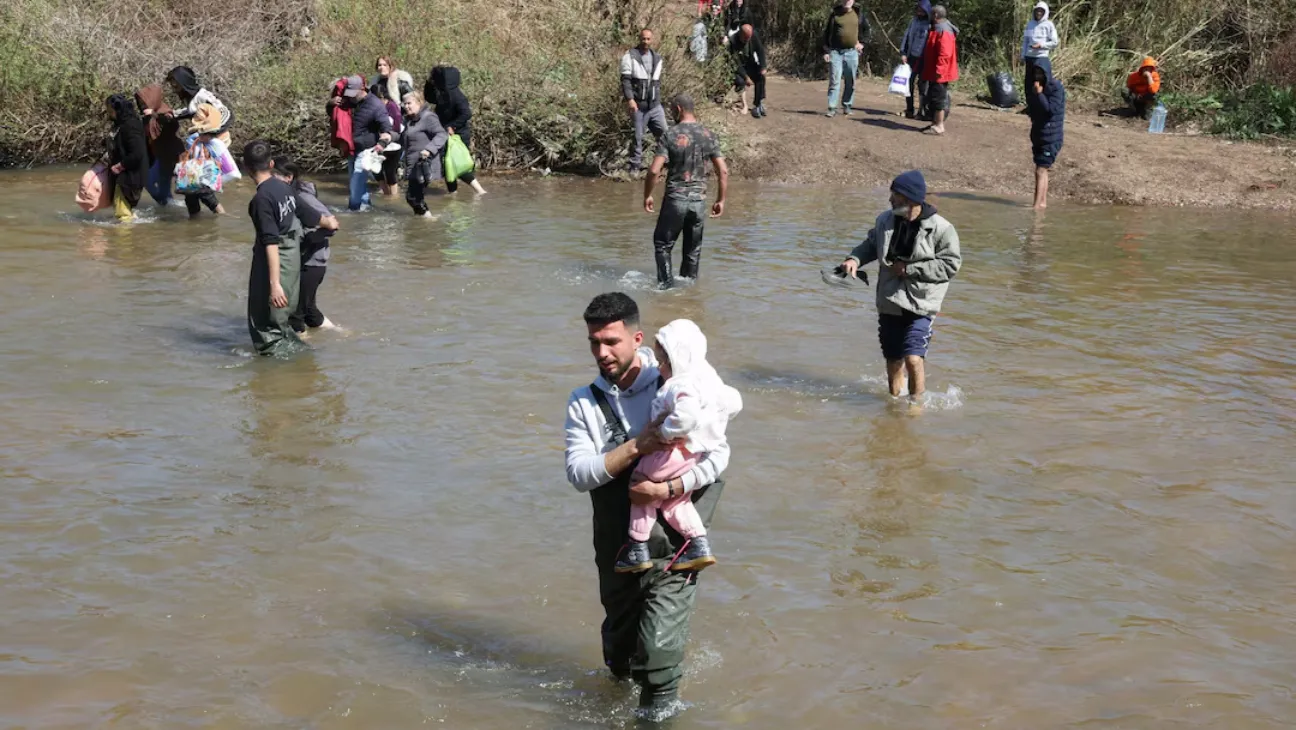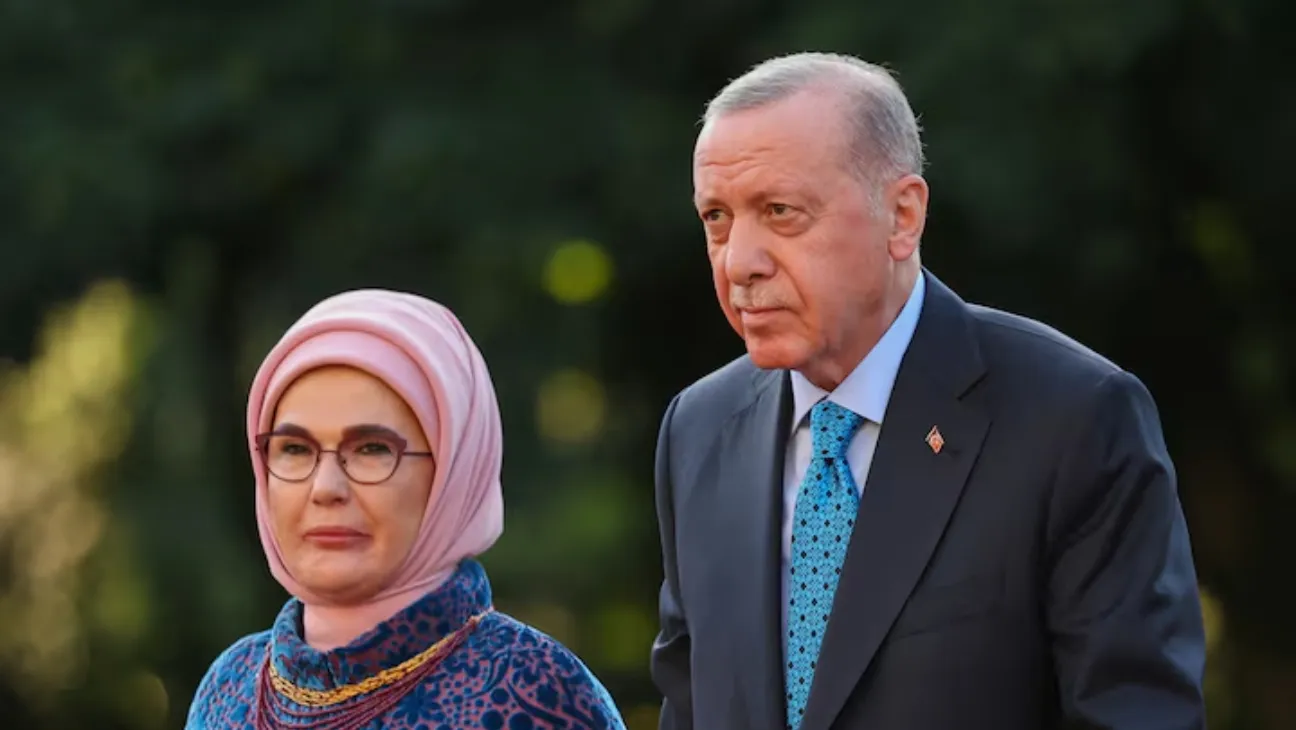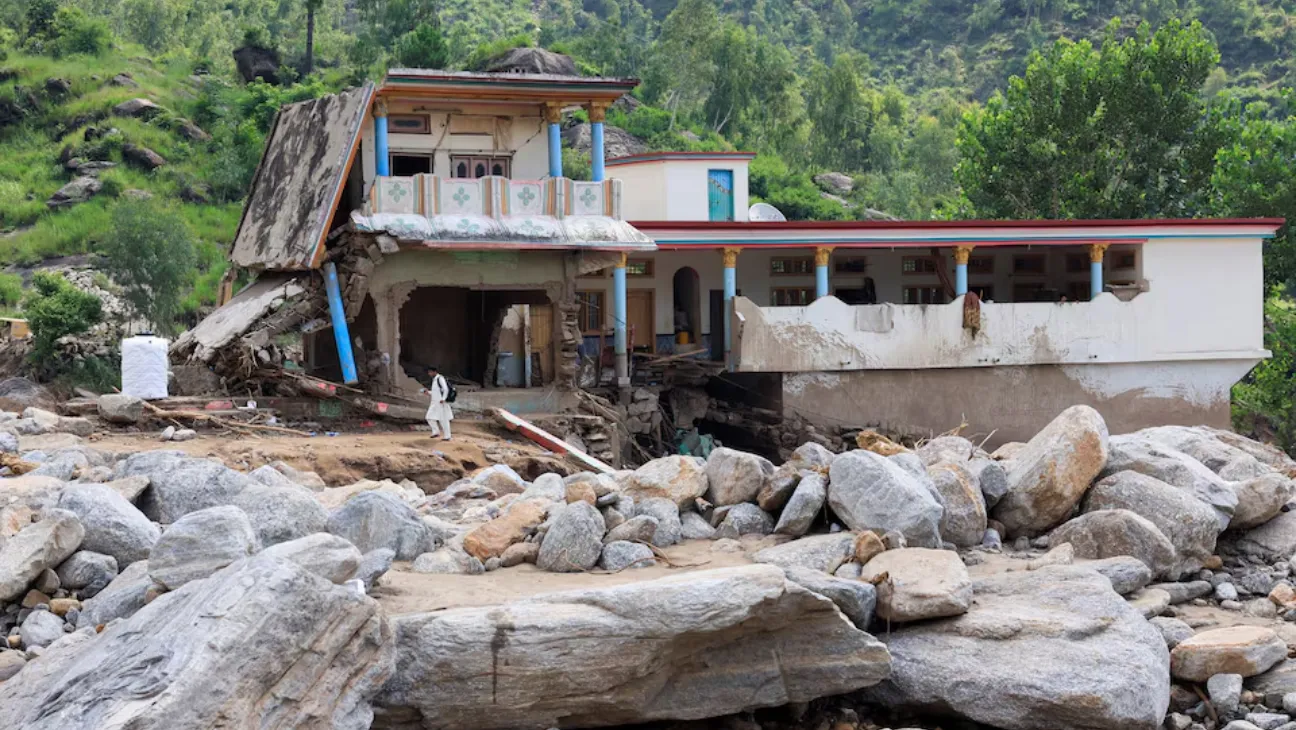A Syrian government fact-finding committee reported on Tuesday that 1,426 people were killed in March during a wave of attacks on security forces and retaliatory violence against Alawite civilians. The committee found no evidence that Syrian military commanders gave orders to carry out the revenge attacks.
This week’s violence on the coast is the worst the country has seen since President Bashar al-Assad was toppled last year. It’s a major test for the new government, now run by the same rebel fighters who ousted Assad. They are the ones struggling to keep a lid on rising tensions, especially with minority groups in the southern province of Sweida.
Jumaa Al-Anzi, head of the investigative committee, said the panel compiled a list of 298 suspects tied to acts of violence against Alawites and another 265 linked to the initial assault on security forces. The suspects’ names have been sent to the courts but have not been released to the public.
Spokesperson Yasser Farhan stated that 31 individuals accused of violating civilian rights have been arrested, along with six others described as holdouts from the former regime. Farhan also said the committee received full cooperation from government forces throughout the months-long investigation.
Despite these findings, the Supreme Alawite Council rejected the report outright, calling it an “impudent play.” In a statement issued Tuesday, the council blamed the March killings on Syria’s current leadership under President Ahmed al-Sharaa and demanded an independent international investigation overseen by the United Nations.
A separate Reuters investigation published last month identified 1,479 Alawites killed in 40 different revenge attacks. That report suggested a direct link between the attackers and members of the new leadership in Damascus.
The government committee, by contrast, described the killings and other violations—such as theft and incitement—as “widespread but not organised.” It said these actions emerged after nearly 200,000 armed men mobilized and entered the coastal region in reaction to the March 6 assault on security outposts.
That initial attack led to the deaths of 238 security personnel, according to the committee. Hospitals and other state services were also disrupted, and large areas fell out of government control. Farhan attributed those attacks to forces affiliated with Assad’s former government.
The unrest has not subsided. Clashes this month in Sweida between government forces, Sunni Bedouin fighters, and Druze militants have left hundreds dead. In response, the government has launched another fact-finding committee to examine the violence in that region.
Diana Semaan, a Syria researcher at Amnesty International, said the acknowledgment of atrocities is a start, but not enough.
“Acknowledging that atrocities against Alawite civilians happened is an important step towards justice,” she told Reuters. “But without the proper prosecution of perpetrators, then we have impunity. It won’t be the justice and accountability that the victims deserve.”
The committee’s full report has not yet been made public. Whether it will be released remains at the discretion of President Sharaa.









